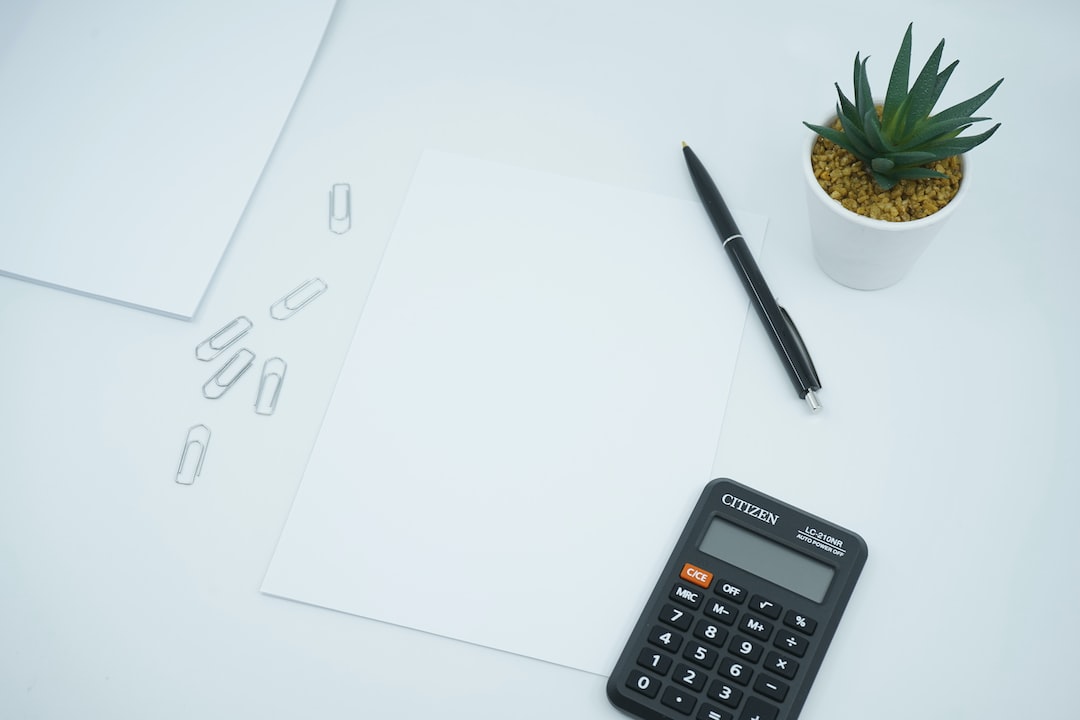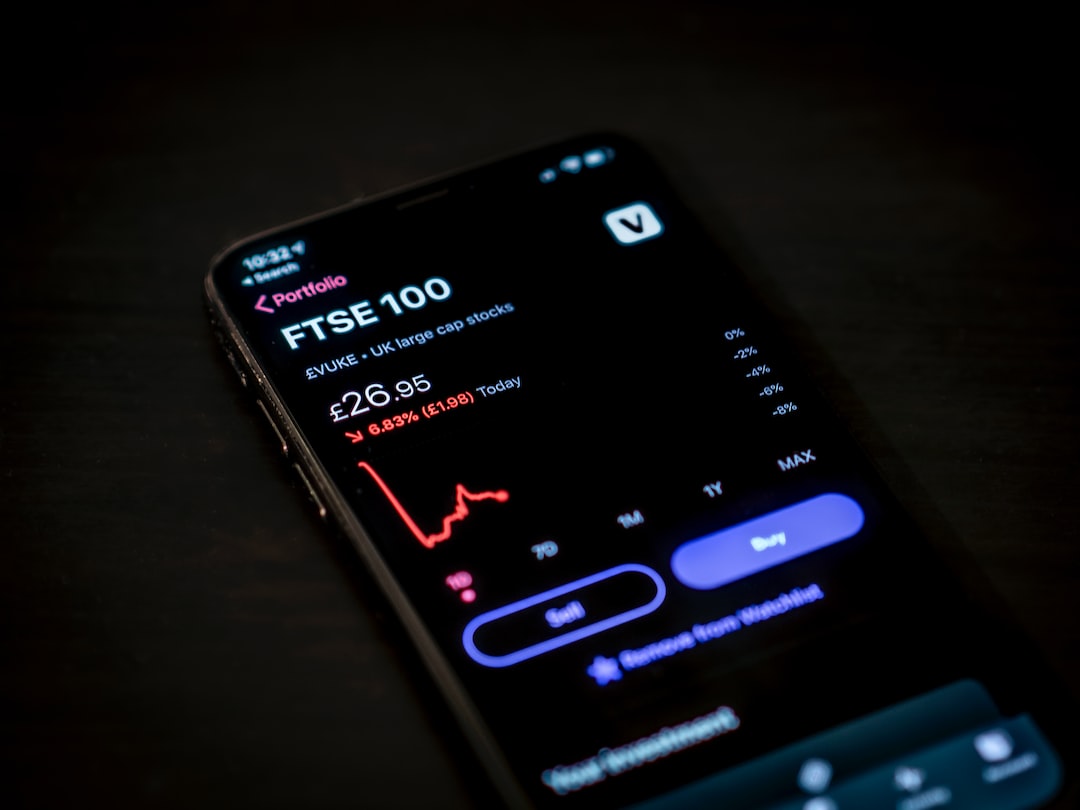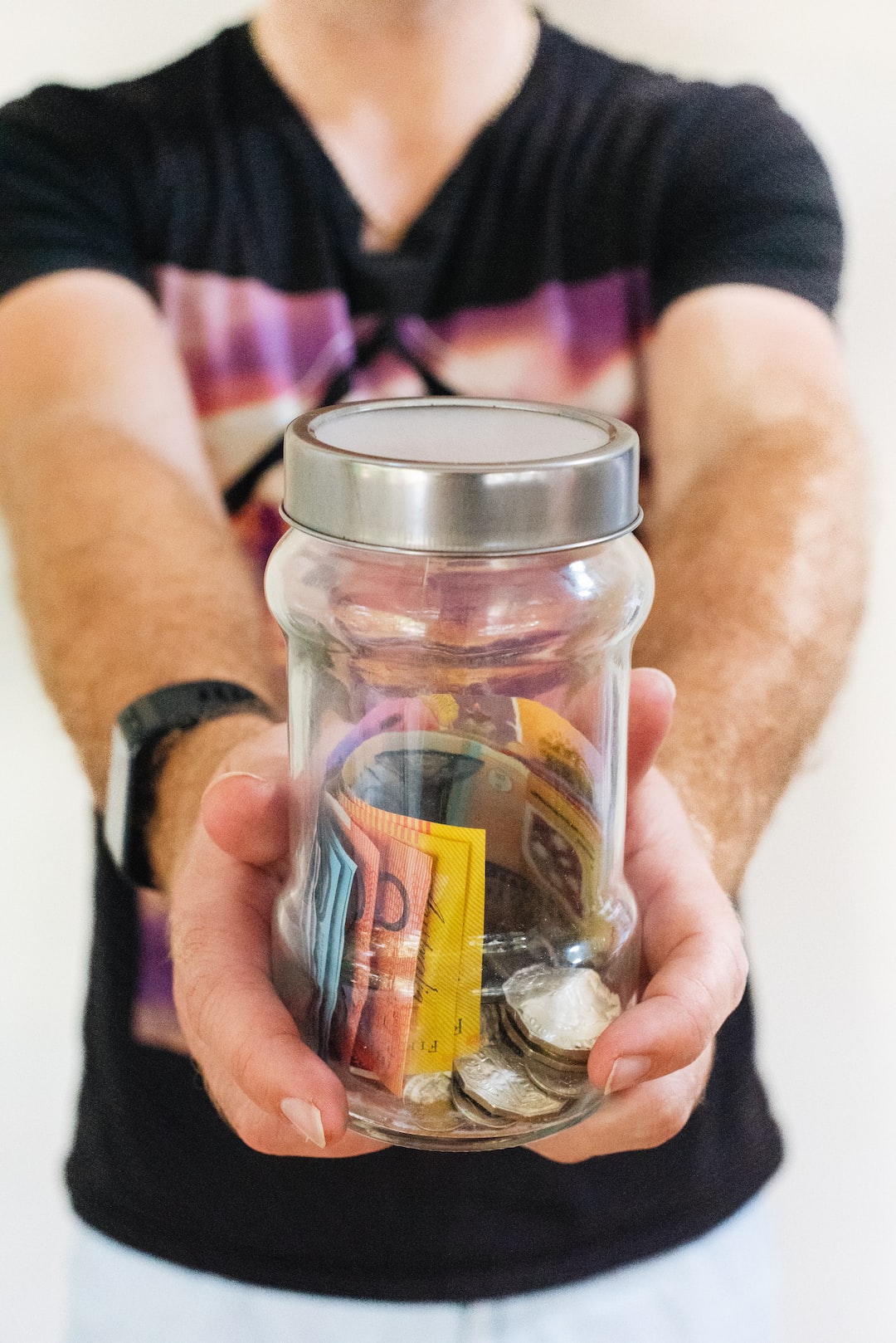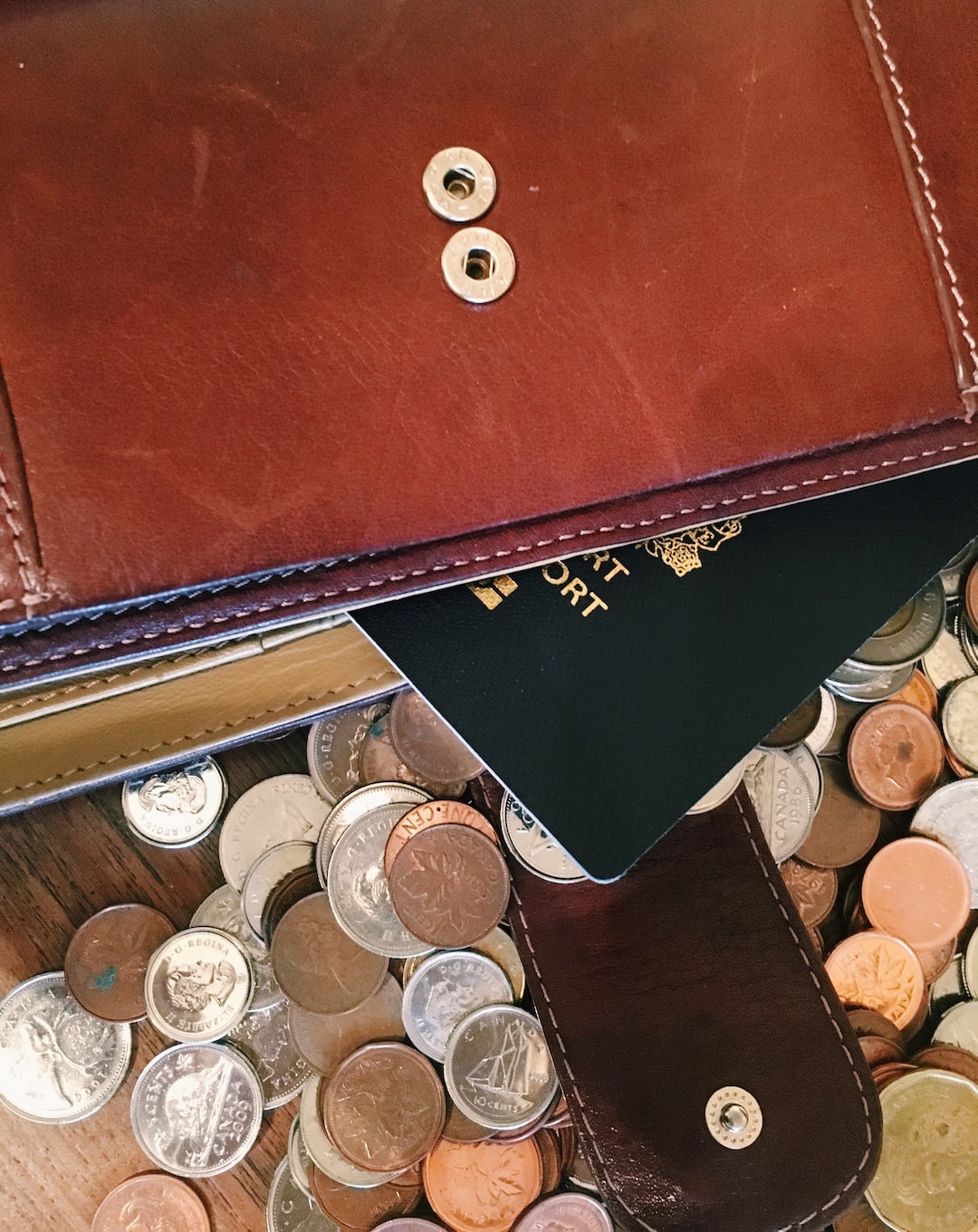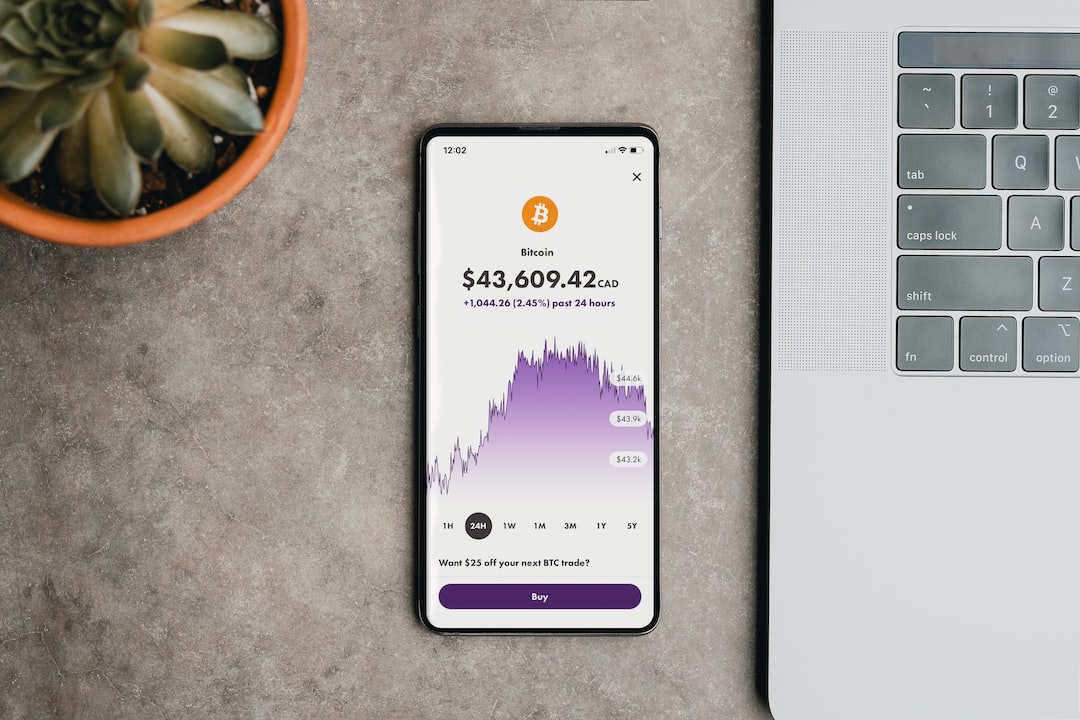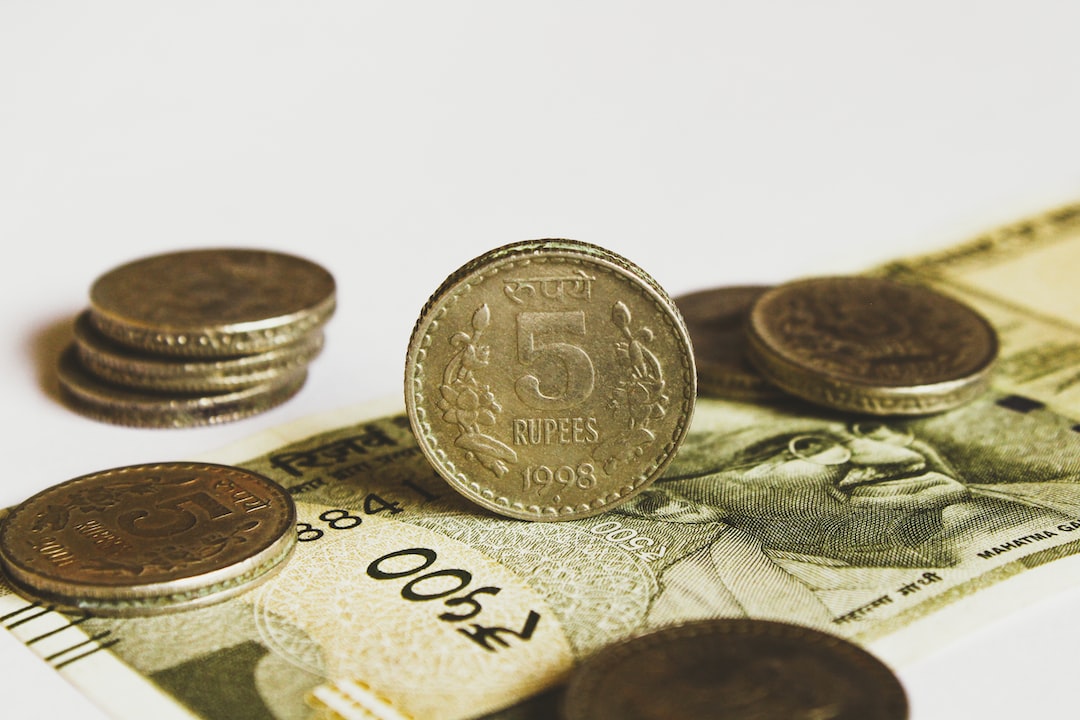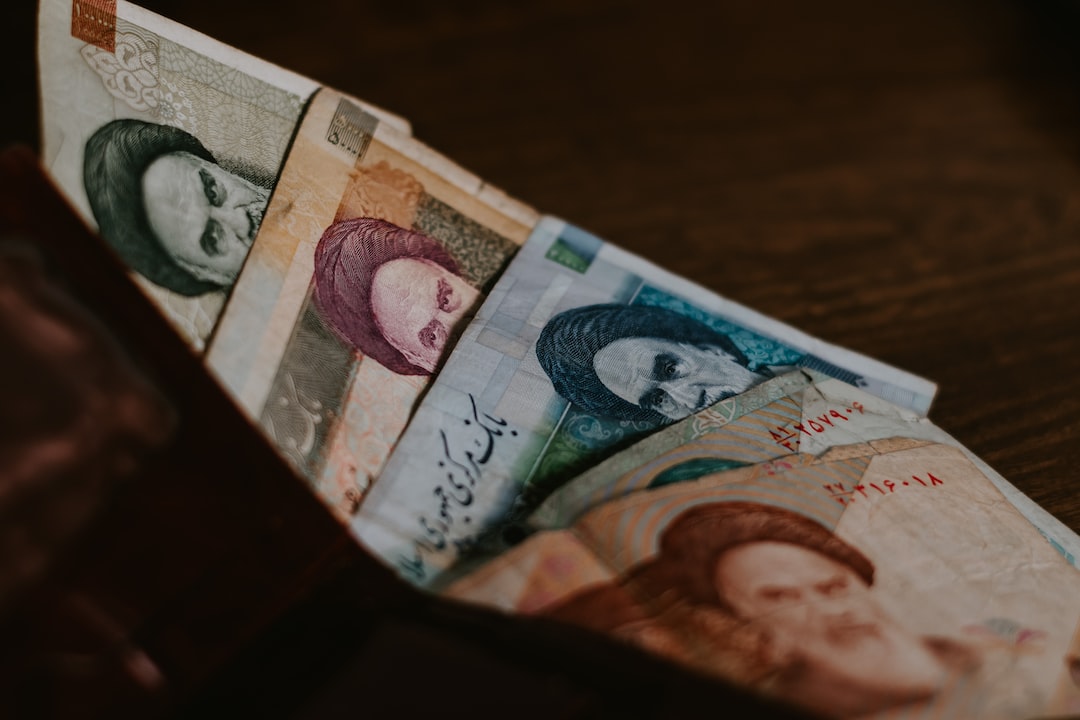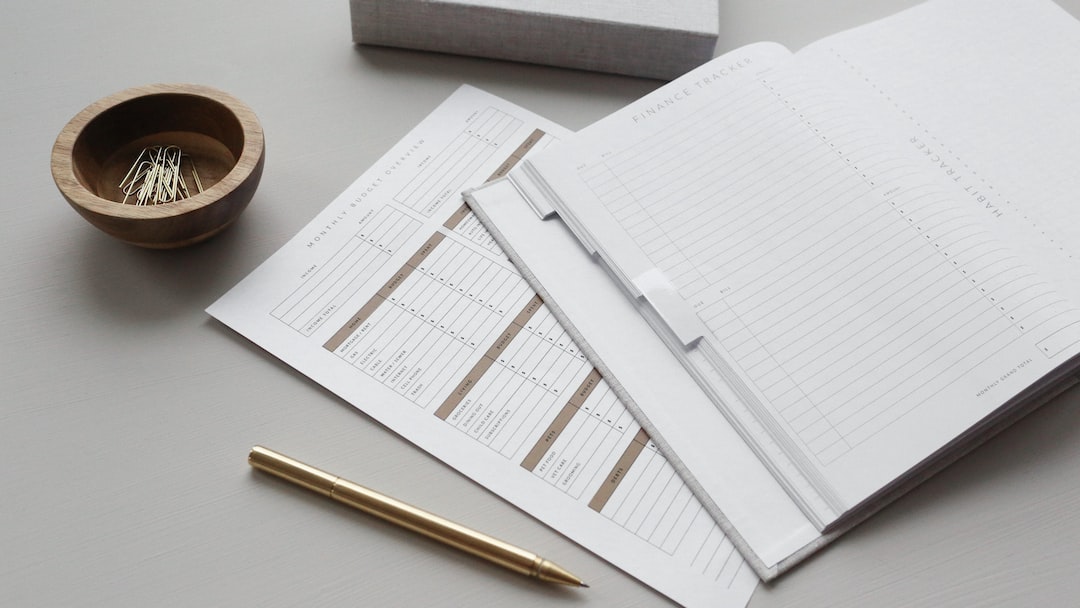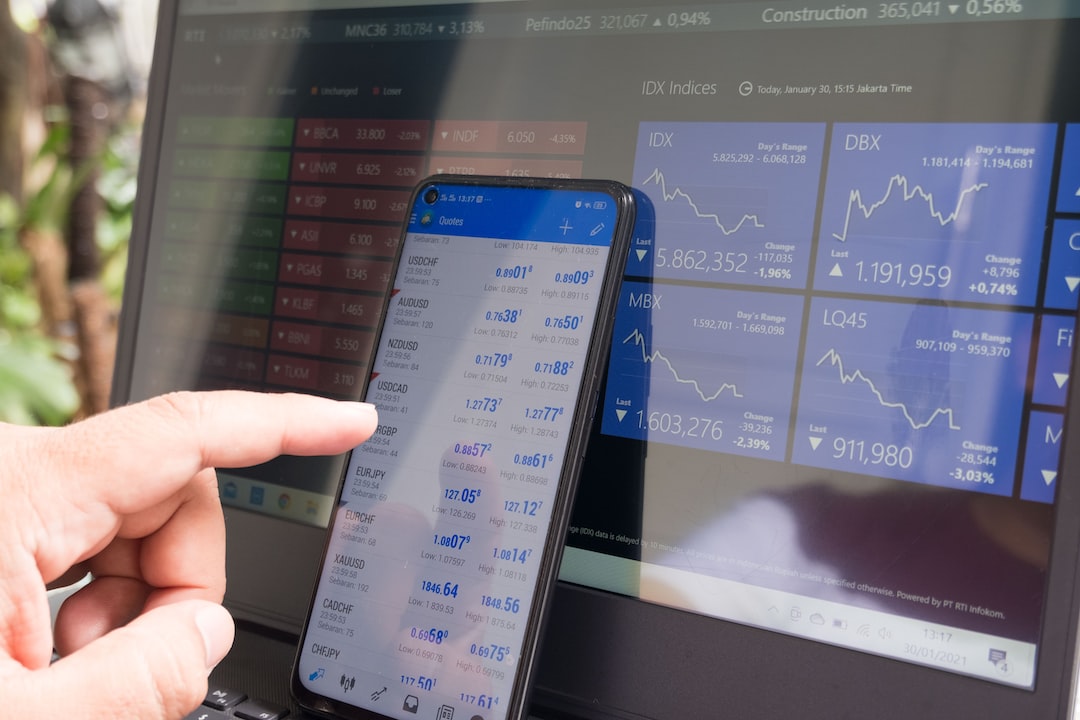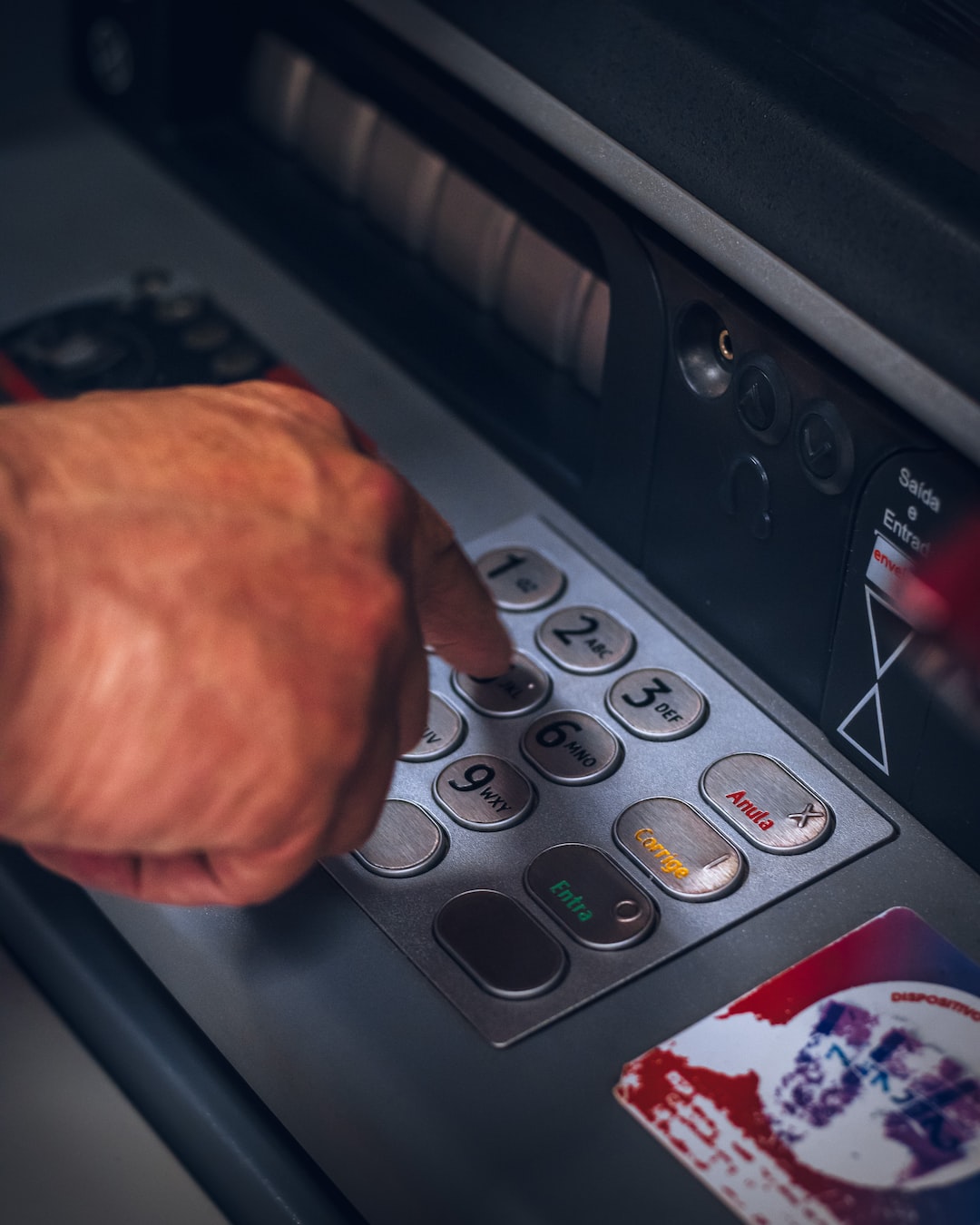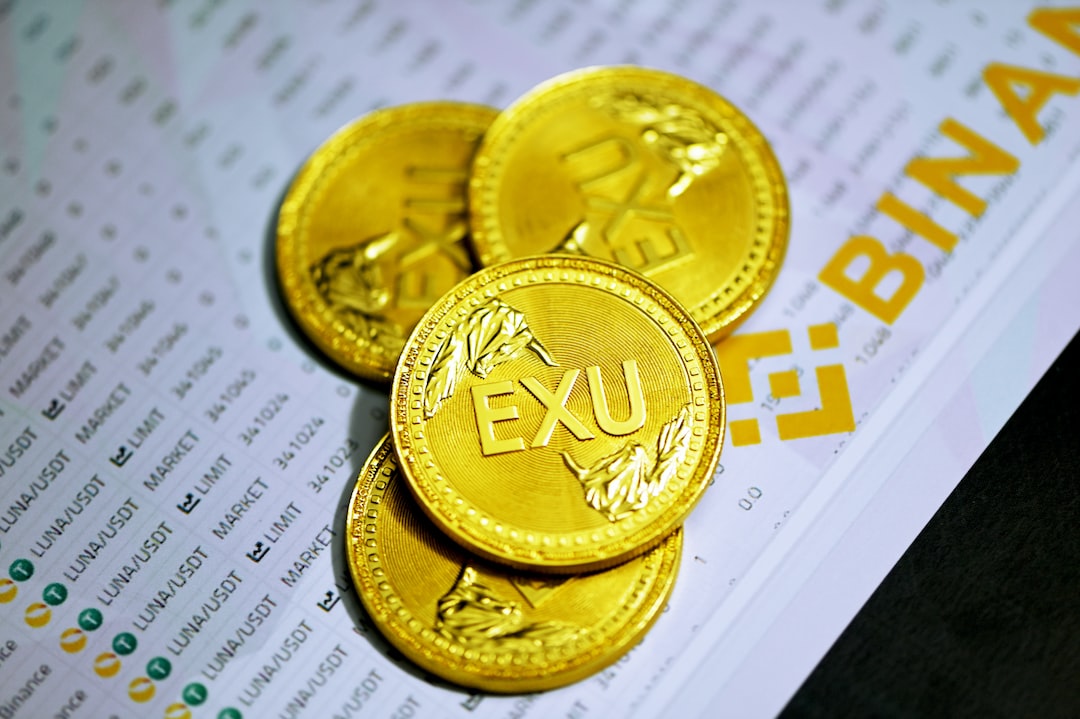Risk Management in Forex Trading: Essential Strategies for Beginners
Forex trading is a highly lucrative financial market, attracting millions of traders from around the world. The forex market operates 24 hours a day, offering endless opportunities to profit. However, forex trading is not without its risks. In fact, it is estimated that nearly 90% of forex traders lose money.
One of the most crucial aspects of forex trading is risk management. Without a proper risk management strategy, traders are exposed to significant financial losses. In this article, we will discuss essential risk management strategies for beginners in forex trading.
1. Understand the Risk-Reward Ratio:
The risk-reward ratio is a fundamental concept in forex trading. It refers to the potential profit compared to the potential loss on a trade. For example, if a trader is willing to risk $100 to make a potential profit of $300, the risk-reward ratio would be 1:3.
Beginner traders should always consider the risk-reward ratio before entering a trade. A favorable risk-reward ratio ensures that even if a trader is only right half the time, they can still be profitable. It is generally recommended to aim for a risk-reward ratio of at least 1:2 or higher.
2. Use Stop-Loss Orders:
A stop-loss order is an essential risk management tool that helps limit potential losses. It is an order placed with a broker to automatically close a trade if the price reaches a specified level. By setting a stop-loss order, traders can protect themselves from significant losses if the market moves against their position.
When setting a stop-loss order, it is important to consider market volatility and the potential for price fluctuations. Placing a stop-loss order too close to the entry price may result in premature exits due to market noise, while setting it too far away may expose the trader to excessive risk.
3. Diversify Your Portfolio:
Diversification is a key risk management strategy in any investment. By spreading your investments across different currency pairs, you reduce the impact of a single trade on your overall portfolio. This helps minimize potential losses if one trade goes against you.
Diversification can be achieved by trading multiple currency pairs with different correlations. Correlation refers to the statistical relationship between two currency pairs. By trading pairs that are not highly correlated, you increase the likelihood that some trades will be profitable, even if others are not.
4. Use Proper Position Sizing:
Position sizing refers to determining the appropriate amount of capital to risk on each trade. It is crucial to avoid risking too much of your account balance on a single trade, as this can lead to significant losses.
A common rule of thumb is to risk no more than 1-2% of your account balance on any given trade. This ensures that even a series of losing trades will not wipe out your entire trading capital. By properly sizing your positions, you can effectively manage risk and protect your account from substantial drawdowns.
5. Stay Informed and Follow a Trading Plan:
Successful forex traders understand the importance of staying informed about market news and events that can impact currency prices. By staying abreast of economic indicators, geopolitical developments, and central bank decisions, traders can make more informed trading decisions and manage risk more effectively.
Additionally, following a well-defined trading plan is crucial for risk management. A trading plan outlines the trader’s strategies, risk tolerance, and trading goals. It helps traders stay disciplined and avoid impulsive decisions based on emotions, which can lead to significant losses.
In conclusion, risk management is a fundamental aspect of forex trading that cannot be overlooked. By understanding the risk-reward ratio, using stop-loss orders, diversifying your portfolio, practicing proper position sizing, and staying informed, beginner traders can significantly reduce their exposure to financial losses. Implementing these essential risk management strategies is crucial for long-term success in forex trading.

